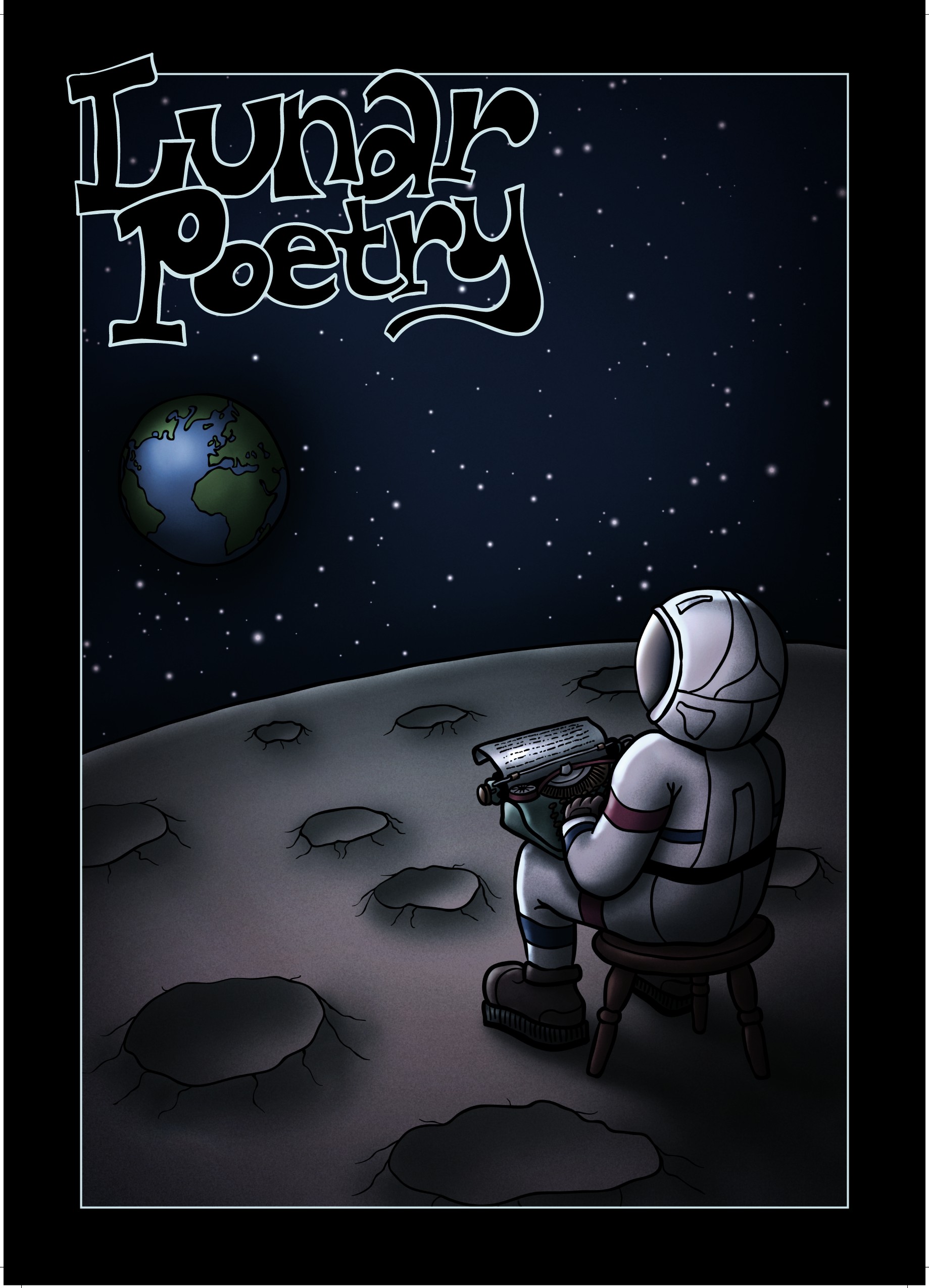Long Poem Magazine #7 (Winter 2012)
Maybe it’s because it has felt like winter this year has been interminable that it has taken me a similarly lengthy amount of time to finish the winter edition of Long Poem Magazine.
That makes it sounds like a negative experience, but far from it. In issue 7 there are plenty of things to be revelled in and savoured slowly, rather than devoured too quickly. After all, devotion doesn’t come from a hasty glance, but a deep look into the eyes. And eyeballing these poems, what do we find?
Well, for starters a ‘long poem’ doesn’t need to be all that long. For example, Abi Curtis’ reconstruction of Mrs Beeton’s household is a sequence of five, short interlinked sections, playing off the idea of control underlying the famous bible of household management. She plangently draws a picture of the inner turmoil of Isabella due to the various miscarriages and still births she suffered, out of her control.
Neither does it have to be an endless waterfall of text, indulgently falling down the page. In fact, some the most successful poems here marshal the unique power of semi-strict adherence to form and rhyme to drive their narratives along, sometimes in a rollicking fashion, sometimes smoothly, but nearly always to somewhere interesting. Paul Bentley’s ‘Don’ is a prime example of this, using an ottava rima to create a drama that focuses on the whimsical, the absurd and the forgotten of Yorkshire, which owes as much to Jarvis Cocker and Arctic Monkeys as it does to Horace.
What binds all the poems together is a sense of the epic, yet on an intimate scale. This covers the ‘big’ themes, such as Janet Sutherland’s shattering fragments of dementia and depression in ‘Bone Monkey’ (‘Is this what time does – / smears a memory / across her face?’); and the ‘big’ poets who are taken on here, such as Robert Chandler’s translation of Pushkin’s ‘A Tale about Priest and his Servant Balda’, which retains a riotous, sardonic energy amidst all the devilry, and Rilke’s ‘Sonnets to Orpheus’, translated by Martyn Crucefix.
My three favourite poems in this edition manage to combine this sense of playing on a big canvas, while never losing sight of the telling – the poetic – detail. Luke Irwin’s ‘Murder’ does this most brilliantly, being (as far as one can tell) a cacophony of disagreeable, argumentative kitchen appliances illustrating the point that language obfuscates as much as it provides clarity. All through the poem are delicious ‘eyeball kicks’, which startle and delight in equal measure:
‘She had an old derringer,
and he never believed in the lunar landings
because his generation was that kind of depraved.
The way cigarette butts talk about shag carpet
depraved.’
Robert Vas Dias’ ‘London Cityscape Sijo’ provides a series of sharp and salty vignettes about his North London patch, in a form that is new to me, but fits perfectly with what he’s attempting. (The sijo is a Korean form, usually with three line verses, with the line cut in half, making six-line stanzas, which should have between 43 to 45 syllables. Think of it as a super haiku.) Vas Dias conjures up a sense of being a lazy, almost static kind of flâneur, peeking through curtains, opening doors – and always leaving himself open to the wonders that might follow.
Language and conceit come together perfectly in Oliver Dixon’s ‘The Night-Keeper’, a dream-like dramatic monologue about people breaking into a zoo, and feasting on the inhabitants within. It is at once creepy and shocking, with a black energy about it, but also a black humour too: ‘My stomach / would wake you with aggrieved whale-song.’ Most impressively, the poem never descends into hysteria as the events it portrays do; its calm and stately power providing a sharp counterpoint, and insight too:
‘If hunger’s a delirium, so too
is sudden satiety after famine:
you giggle tipsily, hardly
crediting how sublime an underdone
tapir’s haunch can taste, or the devilled brain
of a sloth.’
There’s only one real misfire in the edition, and that’s an essay about verse novels that provides an overview of some recent, notable additions to the genre, but doesn’t come to a conclusion. But overall, this is a fine magazine, with plenty to get your teeth into. I look forward to spending another season with the next issue.





